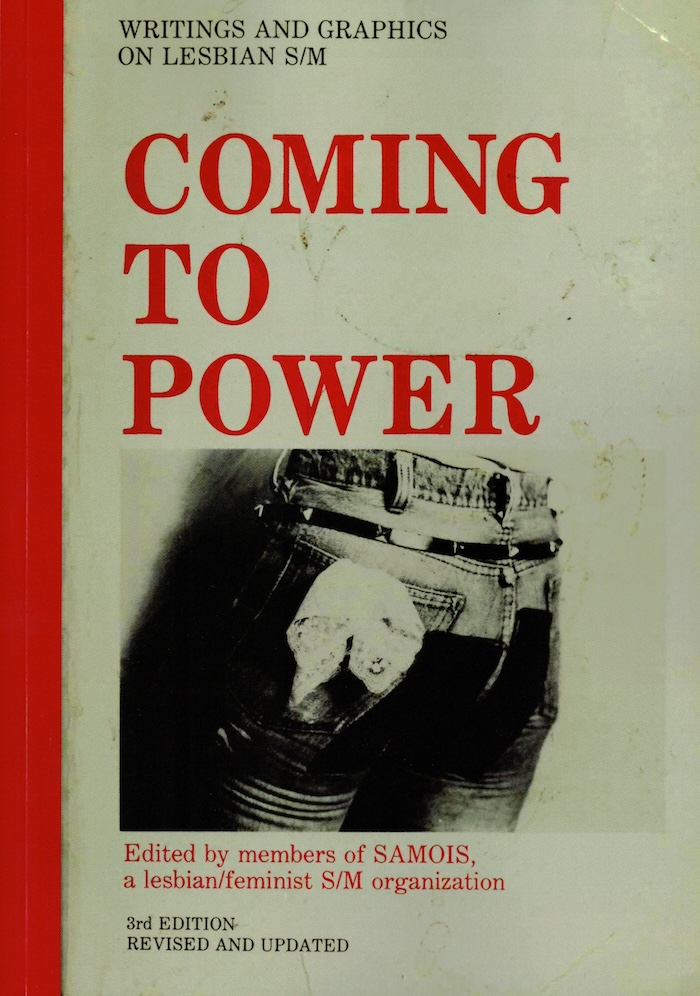A book-length selection from Kevin Killian's legendary corpus of more than two thousand product reviews posted on Amazon.com.
An enchanting roll of duct tape. Love Actually on Blu-ray Disc. The Toaster Oven Cookbook, The Biography of Stevie Nicks, and an anthology of poets who died of AIDS. In this only book-length selection from his legendary corpus of more than two thousand product reviews posted on Amazon.com, sagacious shopper Kevin Killian holds forth on these household essentials and many, many, many others.
The beloved author of more than a dozen volumes of innovative poetry, fiction, drama, and scholarship, Killian was for decades a charismatic participant in San Francisco's New Narrative writing circle. From 2003–2019, he was also one of Amazon's most prolific reviewers, rising to rarefied “Top 100” and “Hall of Fame” status on the site. Alternately hilarious and heartfelt, Killian's commentaries consider an incredible variety of items, each review a literary escapade hidden in plain sight amongst the retailer's endless pages of user-generated content. Selected Amazon Reviews at last gathers an appropriately wide swath of this material between two covers, revealing the project to be a unified whole and always more than a lark.
Some for “verified purchases,” others for products enjoyed in theory, Killian's reviews draw on the influential strategies of New Narrative, his unrivaled fandom for both elevated and popular culture, and the fine art of fabulation. Many of them are ingeniously funny—flash-fictional riffs on the commodity as talismanic object, written by a cast of personas worthy of Pessoa. And many others are serious, even scholarly—earnest tributes to contemporaries, and to small-press books that may not have received attention elsewhere, offered with exemplary attention. All of Killian's reviews subvert the Amazon platform, queering it to his own play with language, identity, genre, critique.
Killian's prose is a consistent pleasure throughout Selected Amazon Reviews, brimming with wit, lyricism, and true affection. As the Hall of Famer himself reflected on this form-of-his-own-invention shortly before his untimely passing in 2019: “They're reviews of a sort, but they also seem like novels. They're poems. They're essays about life. I get a lot of my kinks out there, on Amazon.”
Introduction by Wayne Koestenbaum
Afterword by Dodie Bellamy





